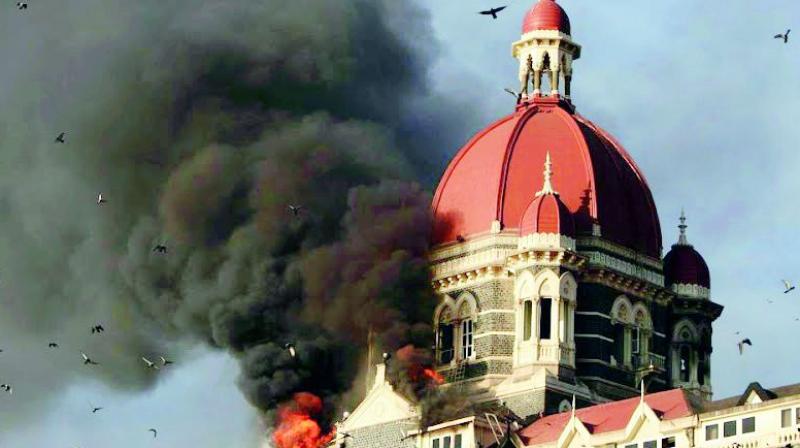Mumbai attack: Former NSA of Pakistan spills the beans

New Delhi: In a major admission, Pakistan’s former national security adviser (NSA) Mahmud Ali Durrani has openly admitted that a Pakistan-based terror group had carried out the 26/11 attacks.
“I hate to admit that the 26/11 Mumbai attack carried out by a terror group based in Pakistan on November 26, 2008 is a classic trans-border terrorist event,” said Mr Durrani during a conference on combating terrorism on Monday.
However, Durrani, who was Pakistan’s NSA when ten Lashkar-e-Toiba terrorists landed in Mumbai and attacked eight places killing people, maintained that the Pakistani government had no role in the attack. “I have very good information that the government of Pakistan or the ISI (Pakistan’s spy agency) was not involved in the terror attack. I am 110 per cent sure”.
India says Durrani’s remark is not new
Mr Durrani was removed from the NSA’s post on January 9, 2009 after he confirmed to the media that Ajmal Kasab, the nabbed 26/11 terrorist, was indeed a Pakistani. The then Pakistan Prime Minister Yousuf Raza Gilani had reportedly said that Mr Durrani was being removed for commenting on the issue of Kasab’s nationality without taking him (Gilani) or the government into confidence. Mr Gilani had also said that Durrani’s “irresponsible” comments had affected Pakistan’s image.
The former Pak NSA also played down India’s claim of having carried out surgical strikes on terror camps across the Line of Control (LoC) in the intervening night of September 28-29, 2016, saying he did not see evidence of any such attack by the Indian forces.
Reacting to Mr Durrani’s assertion, junior home minister Kiren Rijiju said, “India’s position is very well known and consistent. There is nothing new for us.”
In the same conference on Monday, Union defence minister Manohar Parrikar called for an early adoption of the India-backed Comprehe-nsive Conve-ntion on International Terrorism (CCIT) by the UN.
Stating that India experienced almost 7% of the total global terror attacks, Mr Parrikar said, “Terrorism remains the most pervasive and serious challenge to international security. Developing a serious and cognitive global response to it is very important but seemingly very difficult to achieve. While the threat is transnational, response does not appear to be coordinated.”

